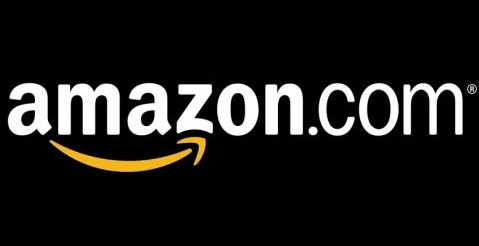 Author: Andy Schornack
Author: Andy Schornack
Covestor model: Market Maven
Disclosure: Long SVU
Data: Yahoo Finance
SuperValu, Inc. (SVU) is one of the largest retail grocery companies in the United States with over $36 billion in sales during its fiscal year ended February 2012. The company is headquartered in my backyard, Eden Prairie, MN.
It operates two distinct business segments: retail grocery and an independent wholesaler business. The company has experienced difficulty over the past six years due to a poorly timed and executed acquisition of Albertson’s, Inc. in June 2006.
The stock has been shorted aggressively in the marketplace. As of May 15, 2012, 93,724,272 shares of 212,256,863 or 44.16% of all shares outstanding are shorted. The declining revenue and leverage the business has on its balance sheet has provided ammunition to the short’s story. Expenses can only be culled so much to match likewise reductions in revenues. Having said this, I believe the stock is at or near a bottom and is moving forward with a turnaround under the guidance of CEO Craig R. Herkert.
The synopsis is that earnings before goodwill adjustments increased to $392 million from $360 million in 2012 when compared to 2011. I tend to value Goodwill at zero. The Albertson’s acquisition has clearly been a drag on performance and the underlying methodology on calculating impairments is partly driven by the company’s stock price (from the 10-K):
During the third and fourth quarters of fiscal 2012 the Company’s stock price experienced a significant and sustained decline. As a result, the Company performed reviews of goodwill and intangible assets with indefinite useful lives for impairment, which indicated that the carrying value of traditional retail stores’ goodwill and certain intangible assets with indefinite useful lives exceeded their estimated fair values. The Company recorded preliminary non-cash impairment charges of $907, comprised of $661 of goodwill and $246 of intangible assets with indefinite useful lives during the third quarter of fiscal 2012.
The finalization of third quarter impairment charges and the results of the fourth quarter impairment review resulted in an additional non-cash impairment charge of $525 including an immaterial finalization to the third quarter preliminary charge. The fourth quarter charge is comprised of $460 of goodwill and $65 of intangible assets with indefinite useful lives. The impairments were due to the significant and sustained decline in the Company’s market capitalization as of and subsequent to the end of the end of the fourth quarter of fiscal 2012 and updated future cash flows. All fiscal 2012 goodwill and intangible asset impairment charges were recorded in the Retail food segment.
Certainly provides further incentive to short interests to drive the stock price down and further indicate poor earnings at the company. This is a good trick, but won’t last long if the company continues to improve performance. Core earnings are improving, even through declining sales.
Take the last four quarters’ performance:
The company continues to work on reducing its SG&A in FY 2013. Assuming sales continue to stabilize and reductions are made on the fixed cost structure of the business, earnings will materialize for the shareholders.
The other side of this discussion is that this company is a balance sheet investment. The company’s value to the shareholder will be through improving the balance sheet and reducing leverage in the company. It is a form of option play on the companies ability to successfully execute on the turnaround.
The company has controllable debt maturities:
The key to managing the debt maturities will be stabilizing the cash flow of the business. My belief is that in FY 2014, the marginal maturities will provide flexibility for the company to reposition the debt in FY 2017. The business has demonstrated its ability to stabilize cash flows even through the declining earnings. Free cash flow has been declining but I anticipate to see increases in FY 2013 versus FY 2012 due to the configuration of those adjustments.
Lastly, my thesis still indicates there are undervalued assets on the books. This includes the Sav-a-Lot franchise, Wholesale business, and underlying real estate of the business. Consider that the business has leased properties it owns on the books for $17 million for $26 million in 2013. Do a 10% cap rate and you are talking $260 million value on something valued at $17 million. Over simplifying, but it demonstrates some of the assets it can still sell to generate cash proceeds to improve shareholder value.
This is a long-term buy in my assessment. Near-term it will continue to see volatility in its price but I believe management is making progress on its turnaround of the business’s balance sheet and the improvement of the business’s earnings. It operates in a competitive business but one it has operated in for a significant period of time. It is healing from a poor management decision in 2006 and has implemented new management to take the business forward.



